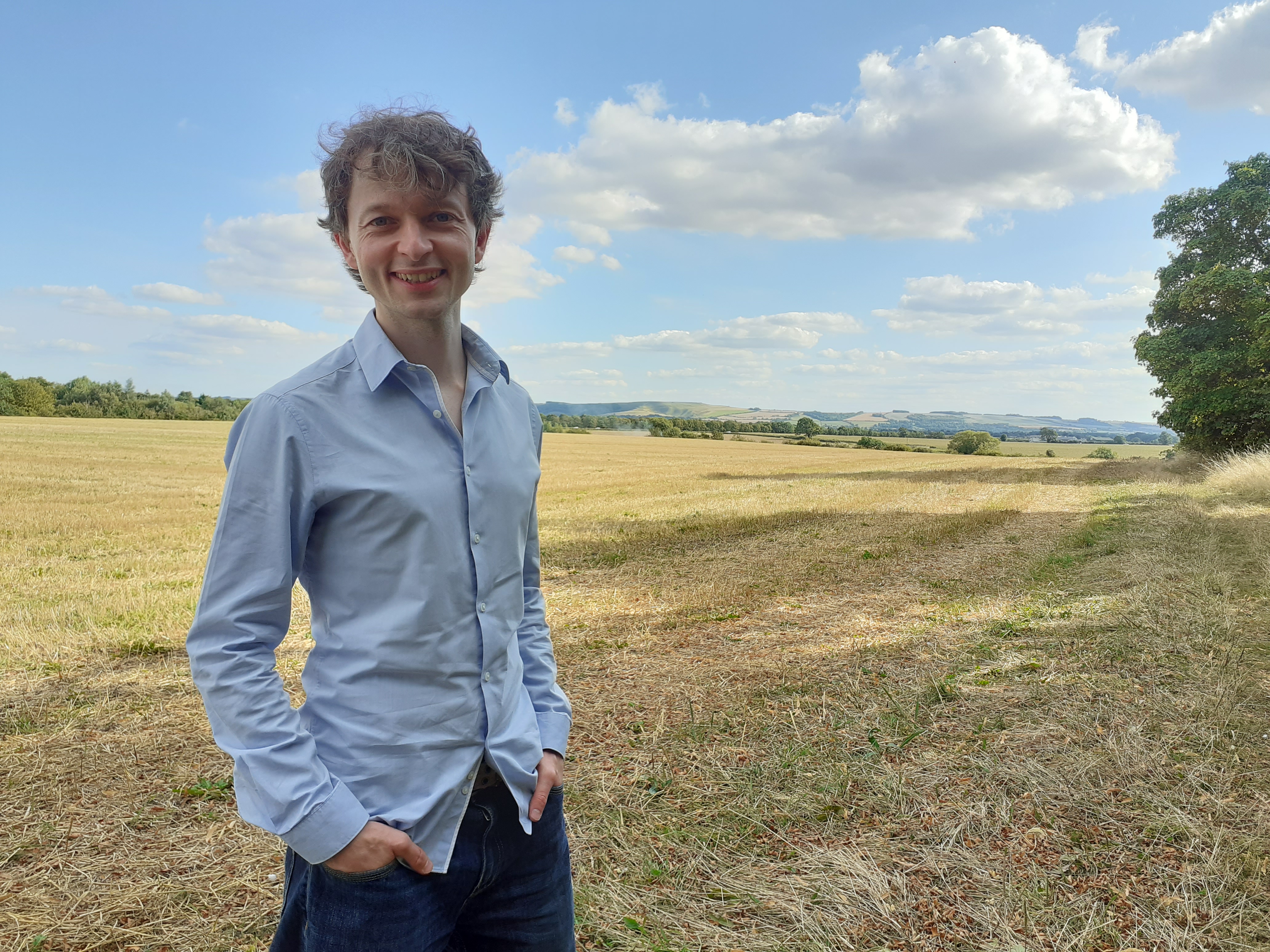October 2020
Unsustainable big business
Imagine a largely unregulated industry responsible for burning ancient stores of carbon, for polluting our water, for depositing toxic metals across the landscape, for unbalancing vast ecosystems, with illegal activity taking place on a regular basis.
If this were the faceless oil industry, or a huge chemicals company, then few of us would leap to its defence. We would demand change. But this is not some corporate conglomerate. Today, the RSPB has published the results of a review, which shows that these are all scientifically proven features of the game bird shooting industry in England.
Shooting is far from faceless, however. In many rural areas, it is deeply ingrained in communities’ sense of identity and culture. For some people, it evokes a sense of history and even nationhood. In this light, the debate about the environmental effects of shooting has often felt “personal”, branded as an attack on a whole way of life, rather than just a challenge to practices that cause serious harm. An idea of culture has been thrown up as a shield against demands for change.
The real picture
The RSPB has used science to penetrate that façade.
It is at pains to emphasise that there is huge variety in the way that shooting states are managed, with some contributing ecosystem benefits and guarding against illegal activity. It distinguishes between intensive and the moderate; between the effects of grouse shoots and the release of 57 million pheasants and partridges; between the legal and illegal.
Yet overall, it shows that the scale and harm caused by the industry is growing. Far from the image of small-scale rural hobby, the RSPB shows that parts of the industry have ramped up to unprecedented levels of ecological interference. It shows that there is a weight of support for change in rural and urban communities alike, and reminds us that many of the people who pay to participate are big city tourists on large commercial shoots and not rural communities at all—this is not some town and country divide.
The conclusions that the RSPB has drawn are simple: illegal killing, the use of lead ammunition and burning of peatland vegetation are all unequivocally unacceptable in the face of the climate and ecological emergencies. It calls for immediate action on criminality and bans on lead and burning.
For the wider industry, the RSPB takes a more nuanced approach, recognising that the variety in the industry and the potential for change. It calls for demonstrable change in the pheasant and partridge shooting industry within 18 months, or it will propose tighter regulation; it calls for licensing and reform in driven grouse shoots within five years, or it will demand a ban. I listened to Martin Harper’s talk at today’s AGM and his tone was rigorously scientific but robust. In the days ahead, the RSPB has promised to repeat its scientific reviews and, I hope, it will set clear and bold benchmarks for the changes that must be brought to curb the environmental harm caused by this industry.
Over to Government
Some people will call the RSPB radical and accuse it of an attack on the countryside, but the nuance and scientific rigour of today’s report stand in opposition to that assessment. I hope that most people will see this as a defence of the countryside and a more sustainable way of life.
Others will call the RSPB too timid for not going further. But the “sword of Damocles” approach the Society has adopted today is a big step forward, especially in combination with the strong stance on lead and burning.
Now, perhaps, we should turn to the industry and to government for the next moves.
So far, for the industry, self-regulation has proven ineffective—the RSPB is giving a show of faith that change is possible, but the clear deadlines and reporting plans show that this is not a sign of naivety that it is inevitable.
As for the Government, bans on lead and on burning are far overdue. The law should be in place well before next year’s global talks on nature and climate. With regard to wider regulation of the industry, the Government has kept its hands clean by avoiding this potentially politically damaging policy for too long. The result has been a Wild West stand off between conservationists and shooters that has made the debate far more adversarial than it ever needed to be. Earlier intervention could have avoided much of the acrimony and prevented much of the harm. It is time for Government to take responsibility and put some regulatory steel behind the RSPB’s conservation ultimatum.
Richard Benwell is CEO of Wildlife and Countryside Link
The opinions expressed in this blog are the author's and not necessarily those of the wider Link membership.




Latest Blog Posts